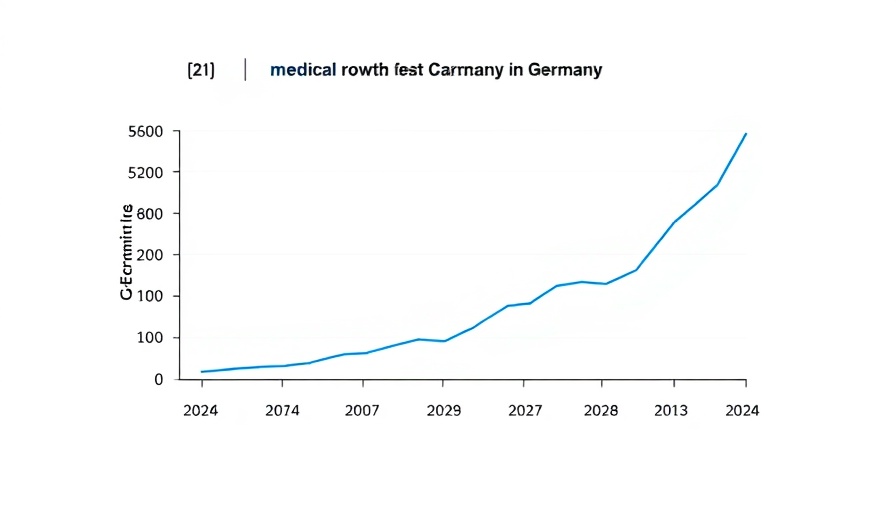
The Unexpected Rise of Telemedicine in Germany’s Cannabis Sector
In recent years, telemedicine has revolutionized healthcare, particularly in the realm of medical cannabis in Germany. No one quite foresaw the rapid embrace of online consultations as a preferred method for obtaining medical cannabis prescriptions. As highlighted by industry expert Stefan Grunhorn, the surge in telemedicine reflects a significant shift in both how patients access treatment and in the broader cannabis landscape amidst ongoing regulatory changes.
How Telemedicine is Changing Patient Engagement
Telemedicine has emerged as a lifesaver for many patients, especially those residing in rural regions where healthcare access can be a struggle. According to recent insights from the health portal GreenMedical, approximately 60% of their users cite the convenience of online consultations as a critical factor. Previously, navigating the complex landscape of obtaining cannabis prescriptions involved significant barriers, including the need for in-person consultations with a physician open to cannabis treatment—a process that often proved cumbersome and discouraging.
This transition to telemedicine not only facilitates easier access but also encourages more patients to seek out cannabis as a legitimate healthcare alternative. The data is compelling; since the introduction of telemedicine options, Germany has seen a sharp rise in the number of patients opting for cannabis therapy. For instance, a staggering 140,000 digital consultations were recorded in just a year, demonstrating the impressive reach and acceptance of these online services.
Challenges and Concerns Facing Telemedicine
Despite its advantages, telemedicine in the cannabis sector faces scrutiny. Critics argue that the ease of obtaining prescriptions could lead to misuse or an influx of recreational users posing as medical patients. Policymakers are contemplating tighter regulations, which threaten to undermine the accessibility that telemedicine currently provides. As uncertainty looms, many fear that a tightening of the rules could alienate the patients who rely most heavily on these digital solutions.
Stefan Fritsch of GreenMedical emphasizes the importance of ensuring that patients with legitimate needs aren't adversely affected by regulations aimed at curbing potential abuses. “The key is balancing access with responsible use,” he notes, underscoring that while the growth of the online medical cannabis sector is impressive, it must not come at the expense of patient care.
The Bigger Picture: Trends in the European Medical Cannabis Market
Germany is leading the charge in Europe’s medical cannabis movement, marking a significant shift from stigmatization to acceptance. Other countries are closely observing Germany’s model as legal cannabis markets begin to sprout across Europe. Spain, for instance, is following suit, considering its own frameworks for medical cannabis.
As these changes unfold, the impact of digital health solutions will remain crucial. They offer an innovative pathway for healthcare delivery, ensuring that those who need cannabis therapy can access it without overwhelming hurdles. Looking forward, the prospects for telemedicine in the cannabis sector will likely grow, but it hinges on regulatory attitudes and patient advocacy efforts.
Conclusion: The Path Ahead for Telemedicine and Cannabis
As telemedicine reshapes the landscape of medical cannabis in Germany, executive cannabis professionals must stay informed and responsive to the evolving regulatory landscape. The ability to navigate these changes will be vital for the industry's future. Ensuring proper support for patients while addressing concerns of misuse is imperative as stakeholders consider effective pathways forward.
 Add Row
Add Row  Add
Add 




Write A Comment